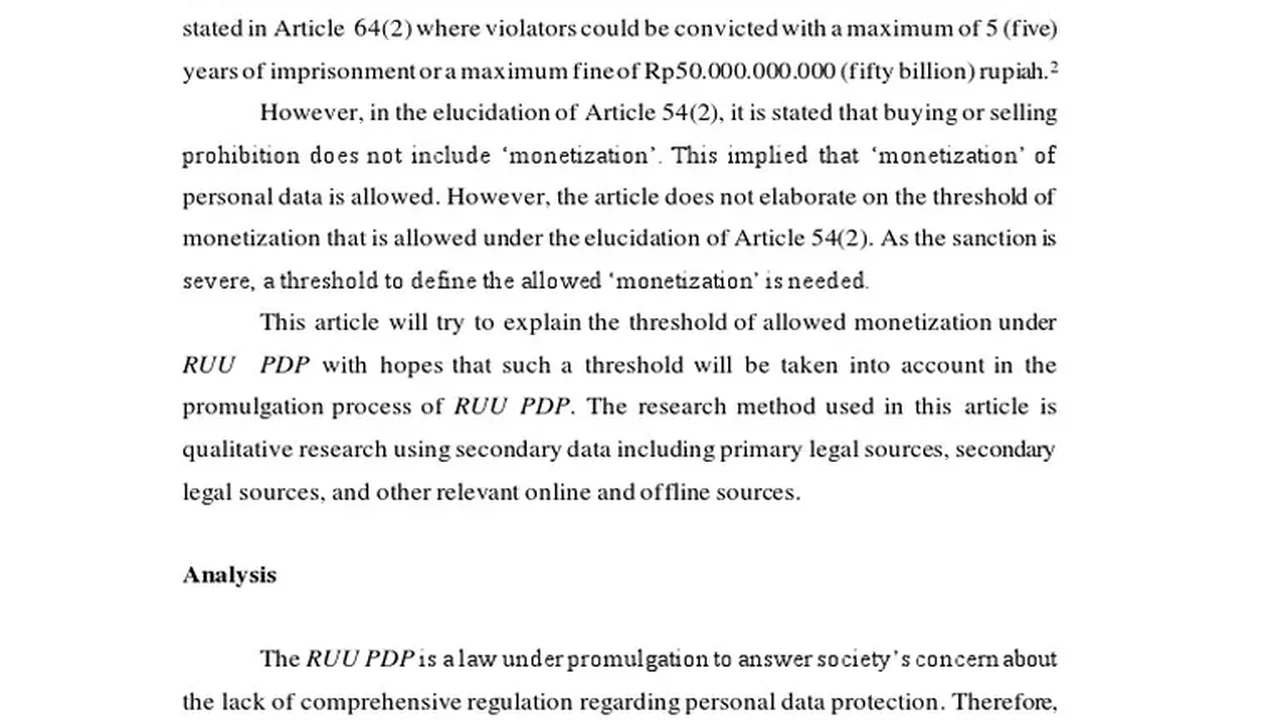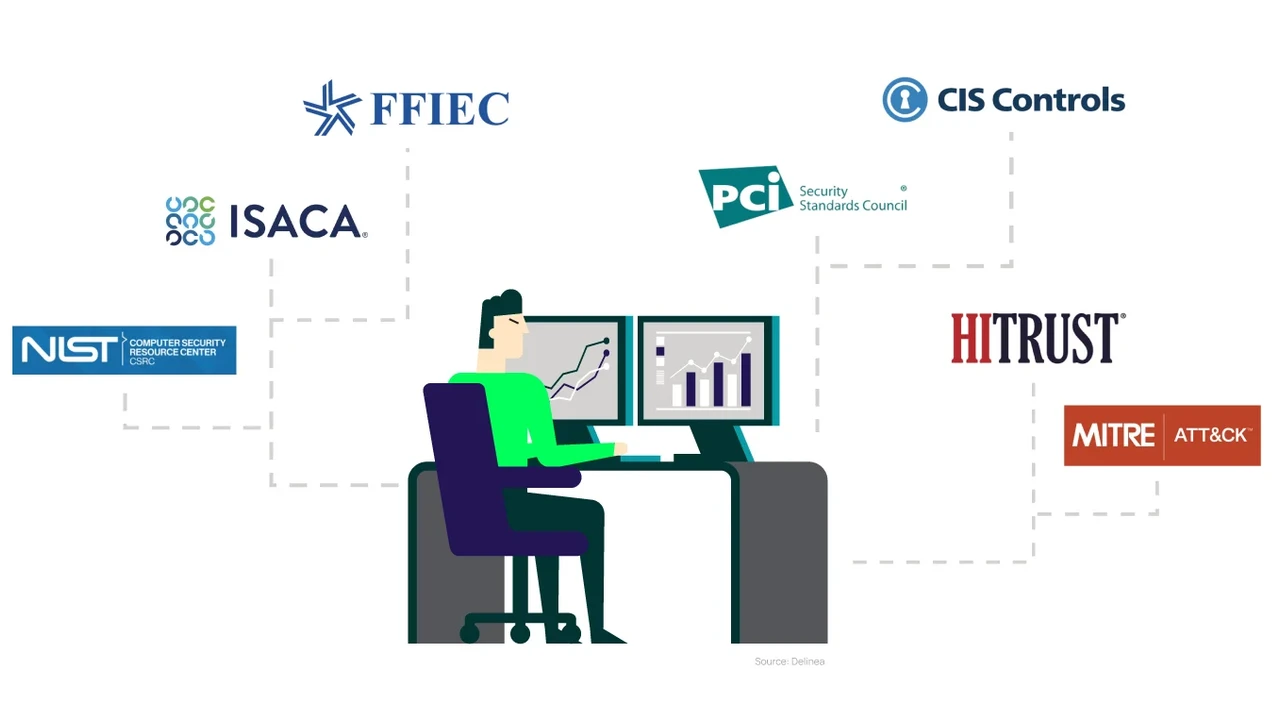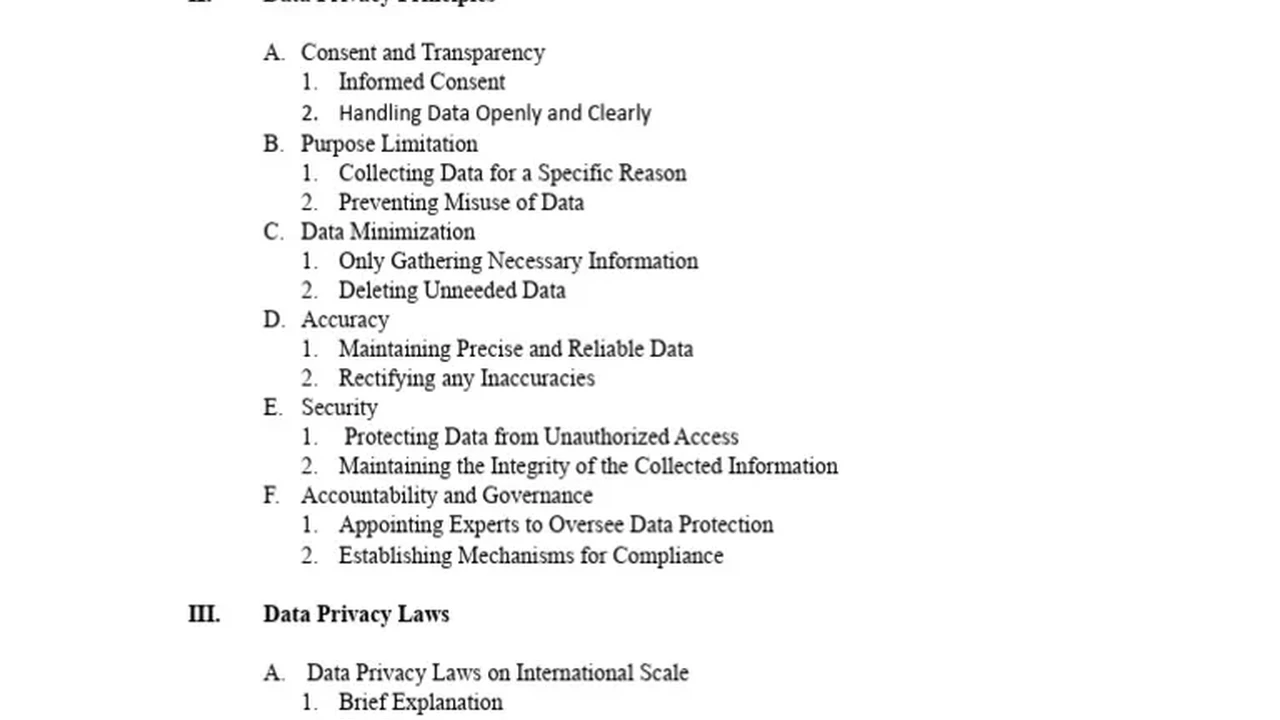Indonesia's Data Protection Law What Businesses Need to Know
Stay compliant with Indonesia's data protection regulations. Discover what your business needs to know to protect personal data and adhere to local laws.

Understanding Indonesia's Data Protection Landscape
Navigating the legal framework for data protection in Indonesia can feel like traversing a dense jungle. But don't worry, we're here to be your guide! Indonesia's data protection landscape is primarily governed by a patchwork of laws and regulations, rather than a single, comprehensive data protection law like GDPR. However, things are changing! The Indonesian government is actively working on a comprehensive Personal Data Protection Law (PDP Law), which is expected to significantly reshape the data protection landscape.
Currently, key pieces of legislation that touch upon data protection include:
- Law No. 11 of 2008 on Electronic Information and Transactions (ITE Law), as amended by Law No. 19 of 2016: This law provides a general framework for electronic transactions and data processing.
- Government Regulation No. 71 of 2019 on the Implementation of Electronic Systems and Transactions: This regulation elaborates on the ITE Law and provides more specific guidelines on data protection, including requirements for data security and notification of data breaches.
- Ministerial Regulation No. 20 of 2016 on Personal Data Protection in Electronic Systems: This regulation provides detailed rules on the processing of personal data, including consent requirements, data subject rights, and data transfer restrictions.
- Various sectoral regulations: Different sectors, such as banking, healthcare, and telecommunications, may have their own specific data protection regulations.
The upcoming PDP Law is expected to consolidate and strengthen these existing regulations, bringing Indonesia's data protection framework more in line with international standards like GDPR. This means stricter requirements for businesses, but also greater protection for Indonesian citizens' personal data.
Key Requirements Under Current Regulations
Even without a comprehensive PDP Law in place, Indonesian regulations already impose several important obligations on businesses that process personal data. These include:
- Consent: Obtaining valid consent from data subjects before collecting, processing, or using their personal data is crucial. Consent must be freely given, specific, informed, and unambiguous.
- Data Security: Businesses must implement appropriate technical and organizational measures to protect personal data from unauthorized access, use, disclosure, alteration, or destruction. This includes measures like encryption, access controls, and regular security audits.
- Data Breach Notification: In the event of a data breach, businesses may be required to notify affected data subjects and the relevant authorities. The notification must include details about the breach, the types of data affected, and the steps taken to mitigate the damage.
- Data Subject Rights: Data subjects have the right to access, rectify, and delete their personal data. Businesses must provide mechanisms for data subjects to exercise these rights.
- Data Transfer Restrictions: Transferring personal data outside of Indonesia may be subject to restrictions. In general, data transfers are only allowed to countries that provide an adequate level of data protection.
Preparing for the Upcoming PDP Law in Indonesia: A Step-by-Step Guide
The impending PDP Law is a game-changer. Here's how you can get ahead of the curve and prepare your business:
- Understand the Scope: Determine if the PDP Law will apply to your business. Generally, it will apply to any organization processing the personal data of Indonesian citizens, regardless of where the organization is located.
- Conduct a Data Audit: Map out all the personal data your business collects, processes, and stores. Identify the types of data, the purposes for which it is used, and the locations where it is stored.
- Review Existing Policies and Procedures: Assess your current data protection policies and procedures against the requirements of the PDP Law. Identify any gaps and areas for improvement.
- Implement Technical and Organizational Measures: Implement appropriate technical and organizational measures to protect personal data. This may include measures like encryption, access controls, data loss prevention (DLP) systems, and security awareness training for employees.
- Update Privacy Notices and Consent Mechanisms: Ensure that your privacy notices are clear, concise, and transparent. Obtain valid consent from data subjects before collecting, processing, or using their personal data.
- Establish Data Breach Response Procedures: Develop a comprehensive data breach response plan that outlines the steps to be taken in the event of a data breach. This includes procedures for notifying affected data subjects and the relevant authorities.
- Train Employees: Provide regular training to employees on data protection principles and best practices. Ensure that employees understand their responsibilities for protecting personal data.
- Monitor and Review: Continuously monitor and review your data protection practices to ensure that they remain effective and compliant with the PDP Law.
Recommended Data Security Solutions for Indonesian Businesses
Protecting personal data requires a multi-layered approach. Here are some data security solutions that can help Indonesian businesses comply with data protection regulations:
Endpoint Protection: Securing Devices Used in Indonesia
Product: CrowdStrike Falcon
Description: CrowdStrike Falcon is a leading endpoint protection platform that provides comprehensive threat prevention, detection, and response capabilities. It uses a cloud-native architecture and advanced machine learning to protect against a wide range of threats, including malware, ransomware, and zero-day exploits.
Use Case: Securing laptops, desktops, and servers used by employees in Indonesia. CrowdStrike Falcon can help prevent data breaches and protect sensitive information stored on these devices.
Comparison: CrowdStrike Falcon is often compared to other endpoint protection platforms like SentinelOne and Microsoft Defender for Endpoint. CrowdStrike is generally considered to be more effective at detecting and preventing advanced threats, while SentinelOne is known for its ease of use and automation capabilities. Microsoft Defender for Endpoint is a good option for organizations that are already heavily invested in the Microsoft ecosystem.
Pricing: Varies depending on the number of endpoints and the features required. Contact CrowdStrike for a custom quote.
Data Loss Prevention (DLP): Preventing Data Exfiltration from Indonesia
Product: Digital Guardian DLP
Description: Digital Guardian DLP is a comprehensive data loss prevention solution that helps businesses prevent sensitive data from leaving their control. It can monitor and control data movement across endpoints, networks, and cloud applications.
Use Case: Preventing sensitive data, such as customer data or financial information, from being accidentally or intentionally leaked from the organization. Digital Guardian DLP can be used to monitor email, file transfers, and other channels to detect and block unauthorized data exfiltration.
Comparison: Other DLP solutions include Forcepoint DLP and Symantec DLP. Digital Guardian is known for its granular control and advanced data classification capabilities. Forcepoint DLP is a good option for organizations that need to comply with complex regulatory requirements. Symantec DLP is a mature and well-established solution that offers a wide range of features.
Pricing: Varies depending on the number of users and the features required. Contact Digital Guardian for a custom quote.
Encryption: Protecting Data at Rest and in Transit in Indonesia
Product: VeraCrypt
Description: VeraCrypt is a free and open-source disk encryption software. It is based on TrueCrypt and provides strong encryption for hard drives, USB drives, and other storage devices.
Use Case: Protecting sensitive data stored on laptops, USB drives, and other devices that may be lost or stolen. VeraCrypt can also be used to encrypt email and other communications.
Comparison: Other encryption solutions include BitLocker (built into Windows) and FileVault (built into macOS). VeraCrypt is a good option for organizations that need a free and open-source encryption solution. BitLocker and FileVault are more tightly integrated with their respective operating systems and may be easier to use for some users.
Pricing: Free
Security Information and Event Management (SIEM): Monitoring and Analyzing Security Events in Indonesia
Product: Splunk Enterprise Security
Description: Splunk Enterprise Security is a leading SIEM platform that provides real-time monitoring and analysis of security events. It can collect and correlate data from a wide range of sources, including logs, network traffic, and endpoint activity.
Use Case: Detecting and responding to security threats in real-time. Splunk Enterprise Security can help identify suspicious activity, investigate security incidents, and improve overall security posture.
Comparison: Other SIEM solutions include IBM QRadar and Microsoft Sentinel. Splunk Enterprise Security is known for its powerful analytics and flexible customization capabilities. IBM QRadar is a good option for organizations that need a comprehensive security intelligence platform. Microsoft Sentinel is a cloud-native SIEM solution that is tightly integrated with other Microsoft services.
Pricing: Varies depending on the amount of data ingested and the features required. Contact Splunk for a custom quote.
The Road Ahead: Staying Informed and Proactive on Data Protection in Indonesia
Indonesia's data protection landscape is evolving rapidly. Staying informed about the latest regulations and best practices is crucial for businesses operating in the country. By taking a proactive approach to data protection, businesses can not only comply with legal requirements but also build trust with their customers and protect their valuable data assets. Don't wait for the PDP Law to be fully implemented – start preparing now!
:max_bytes(150000):strip_icc()/277019-baked-pork-chops-with-cream-of-mushroom-soup-DDMFS-beauty-4x3-BG-7505-5762b731cf30447d9cbbbbbf387beafa.jpg)






